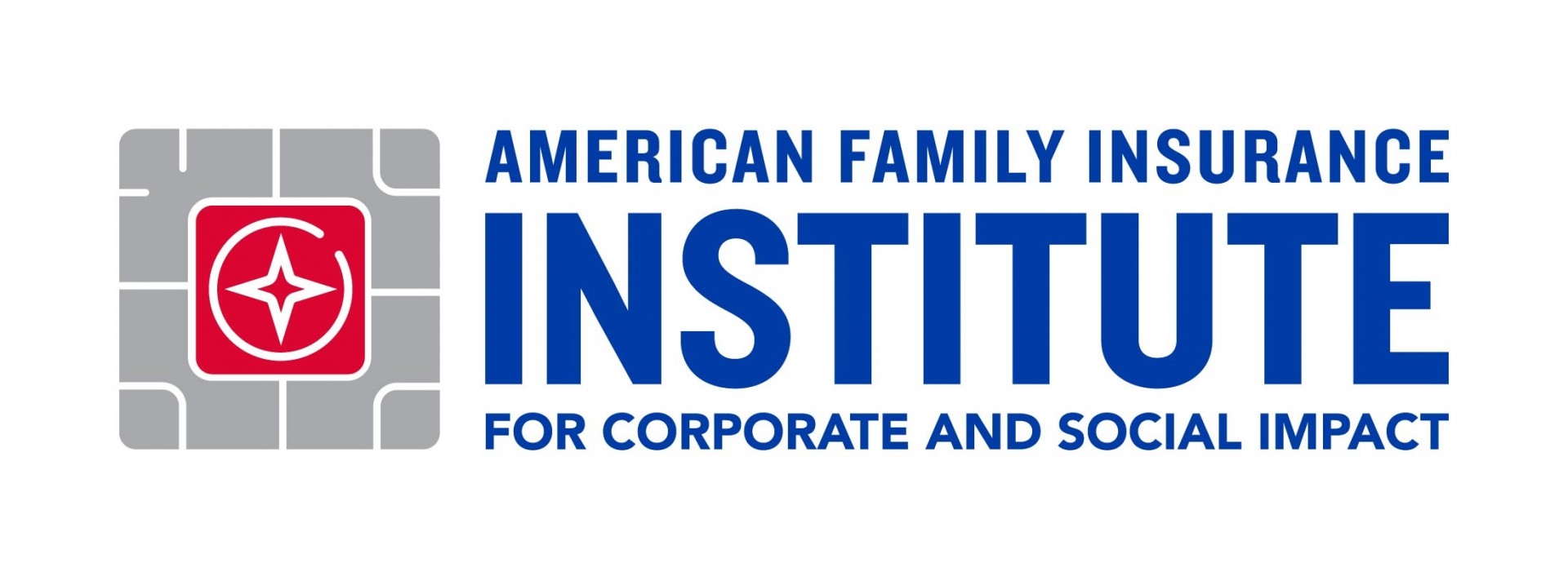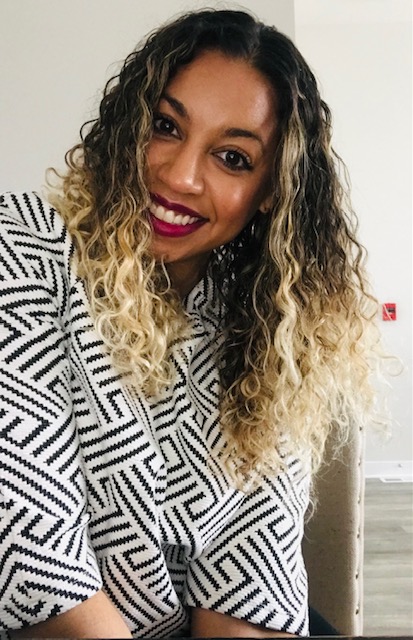August M. Ball felt lucky to have landed her dream job.
As a program manager for a national student conservation nonprofit, Ball directed her talents toward cultivating the next generation of conservation professionals, working with youth on a variety of land stewardship projects, and carving out a path as one of the few women of color flourishing in the field.
So it was a surprise when she was called into the organization’s regional office in 2016 and quietly informed that leadership was dissolving its Milwaukee chapter. After serving nearly eight years with the org, the soon-to-be-unemployed Ball left the room feeling numb.
“I loved the idea of working with young people and opening their eyes to opportunities in the environment,” Ball said of her role at the time. “They really planted that seed in me and everything I know about conservation. I basically was grief stricken.”
As Ball tried to plan her next move, she was contacted by the River Revitalization Foundation, a past local partner of her former employer. The rivers land trust was interested in using Ball to fulfill a project written into a grant before her employer shuttered. What she thought would be a fun, Saturday program lasting just a few weeks would ultimately turn her into an “accidental entrepreneur.”
‘Accidental’ entrepreneurship with a focus on representation
With other organizations hiring Ball to spearhead conservation projects, a consulting business was slowly taking root. There was just one caveat: If she was going to remain in the environmental field, she wanted to wield her influence to shift its cultural undercurrents — namely its lack of representation of people of color in the workforce.

August Ball. (Photo via LinkedIn)
“In the conservation sphere, I had a lot of staff that meant well or had hearts of gold, but because of historic inequities and segregation, most of them were white,” said Ball, who briefly took on a role with Milwaukee’s parks and rec department before consulting full-time. It’s a challenge for the industry both nationally and elsewhere. “I was walking into rooms being the only [person of color] knowing logically that I’m not the only Black person interested in this work. I wanted to attract a crew leader pool that was reflective of Milwaukee.”
Today, Ball is best known for running Cream City Conservation & Consulting, where she serves as founder and CEO. The business is two-pronged: On one side, she works with environmental orgs to address the diversity gap in their workforce. On the other side, she funnels the profits raised from consulting to expose young adults to hands-on conservation career learning and work opportunities.
“There’s this mentality that you’re sacrificing quality when you diversify, which says a lot about people’s perspective and mindset,” Ball said. “It’s so deeply rooted in white supremacy culture. Many of us are conditioned to believe it’s somehow about ‘niceness’ but it’s actually systemic. People create systems and maintain the status quo.”
A mission to eliminate bias
Since launching Cream City Conservation in 2016, Ball has worked with environmental orgs across the Midwest and other regions to eliminate bias in hiring in the ecological and water sectors.

Youth Green Jobs Summit 2019. (Courtesy)
That work includes pressing organizations to see beyond master’s degrees, examining where employers are promoting jobs and recruiting candidates, offering competitive wages, and evaluating practices that perpetuate systemic inequities, such as promoting from within. After all, Ball said, an organization can’t diversify its ranks if it’s only choosing from an internal pool of racially homogenous candidates or paying workers in pennies.
“We don’t have enough people of color going into these industries,” she said. “How do we change this perspective around conservation work, expand people’s perspective of what it means to work in sustainability, and show that it’s not just grunt work? It’s a significant shift for people who might not have otherwise seen themselves represented in the field.
“You can’t win following the rules of an unjust system.”
Ball’s efforts to diversify the environmental industry and eliminate bias has earned her awards and recognition, including the YWCA Eliminating Racism Award, the United Way’s Philanthropic 5 Award, and the Wisconsin Association of Environmental Educators Eco Justice Award, to name a few. It has also earned her a seat on Gov. Tony Ever’s Climate Action Taskforce.
But for Ball, her greatest achievement remains connecting with young people and fostering the next generation of environmentalists.
“To see the pride that a lot of our teens and young adults have in the work they are doing and seeing them grow … you can’t put a price tag on that,” Ball said. “One of my members said: ‘I feel like I’m immortalizing myself with every tree I plant.’ That’s how I feel with the gift young people have given me.”
New dream job: found.
Subscribe to This Week in Milwaukee Rising:

This article appears as part of This Week in Milwaukee Rising, a weekly newsletter from Technical.ly highlighting the innovators bringing a more just, equitable and dynamic Milwaukee economy. Subscribe here. The series is underwritten by American Family Insurance Institute for Corporate and Social Impact.
Before you go...
To keep our site paywall-free, we’re launching a campaign to raise $25,000 by the end of the year. We believe information about entrepreneurs and tech should be accessible to everyone and your support helps make that happen, because journalism costs money.
Can we count on you? Your contribution to the Technical.ly Journalism Fund is tax-deductible.
Join our growing Slack community
Join 5,000 tech professionals and entrepreneurs in our community Slack today!

Congress votes to reauthorize the EDA, marking a historic bipartisan effort to invest in innovation and job creation

Everywhere you can properly recycle electronic waste in DC

Looking for a job? This strategy turns NotebookLM into your personal hiring coach


